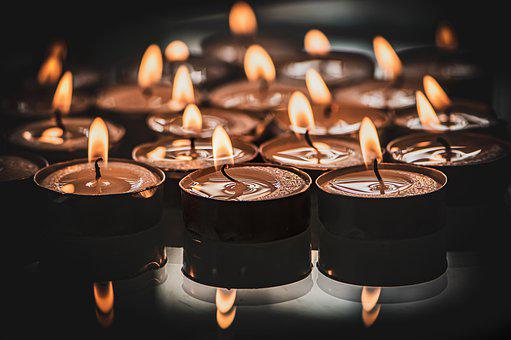How can a philosopher who suffered from bouts of melancholy help us achieve serenity? “Beyond his personal difficulties, Montaigne went through crises worse than ours, reports Professor Michel Lejoyeux: the massacre of Protestants, the great famines, the plague epidemic… without collapsing. Better still, he developed beliefs, validated, since, by science, to get rid of certain fears. He understood, for example, that we are less affected by events than by the idea we have of them. Believing yourself happy is already a way of being! In this sense, he paved the way for behavioral and cognitive therapies. Here are four of his precepts which contrast with certain fashionable injunctions!
Spending more time with his best friend
“Not very sensitive to the superficial relations of his time, Montaigne reminds us that only authentic friendship, like the one he cultivated with Etienne de La Boétie, nourishes us deeply and stabilizes us, explains Professor Lejoyeux. As strong as love, friendship has, for the philosopher, all the rights, including that of being demanding, jealous and talkative. To cultivate it, “befriending” at least once a day is not too much! “For Montaigne, a true friend is someone who does not try to seduce us by pretending to always agree with us,” insists the psychiatrist. The philosopher was indeed looking for the opposition: “When someone upsets me, they arouse my attention, not my anger. ” To meditate…
Practice being less sensitive…
Himself hypersensitive, Montaigne warns us against emotional overload and excessive empathy. “To better resist stress, it invites you to ‘encrust your mind’, in other words to be less reactive”, observes Professor Lejoyeux. How ? “First of all by discarding everything that can contribute to maintain sadness (news items, depressing photos…), then by making our head work or, better still, our body. If you have to choose between two activities, one physical, the other intellectual, the philosopher always recommends the first, because it will do your mind good. The reverse is not true. Neurobiological experiments confirm what Montaigne thought, he who wrote standing up and thought while walking: it is difficult to have moods and run at the same time! »
Also to discover:4 tips to stop dwelling on the negative
Find qualities to forget
“Montaigne values memory lapses, for their many benefits, laughs the psychiatrist. Amnesia allows, according to him, to be more creative and singular, by thinking for oneself, to cultivate tolerance, by forgetting the reasons for anger, but also to be more interesting when one tells a story, because we are less tempted to weigh down the story with useless details! All this facilitates our exchanges with others. »
Make yourself a distraction kit
In case of anguish or sadness, Montaigne recommends entertainment: when you cross a bridge, it is better to look elsewhere than face the void! “We should all have a ‘back room’, where we would store thoughts, music, images that comfort,” advises Professor Lejoyeux. The obligation of idleness (“emptying”) is a source of anxiety. “Activity balances us out,” he says. Work and leisure are generally more effective in terms of well-being than meditation! »
We would love to give thanks to the author of this article for this outstanding material
According to this psychiatrist, adopting the precepts of Montaigne’s “Essays” would help to feel better
Our social media profiles here as well as other pages related to them here.https://nimblespirit.com/related-pages/

